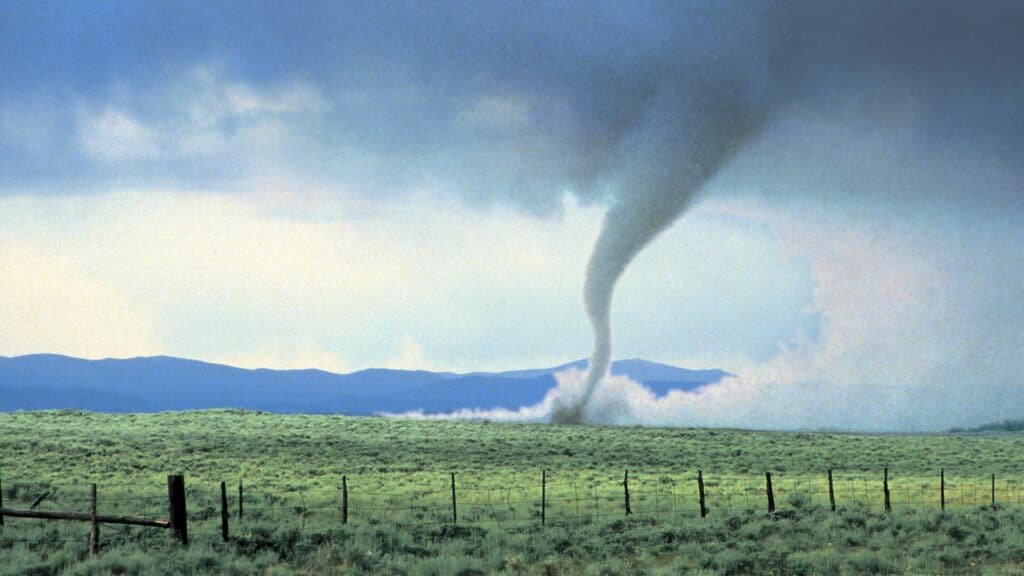Recent studies indicate a significant escalation in the spread of diseases across the U.S., a trend that scientists link to climate change. Researchers highlight that infectious agents are highly sensitive to temperature variations. This sensitivity has led to an alarming increase in rare diseases, previously uncommon in certain regions. These emerging illnesses are not isolated incidents, but rather indicators of a persistent, growing trend.
A striking example of this phenomenon is the ecological transformation occurring in Alaska, as reported by BBC News. The state, known for its frigid climate, is witnessing an unprecedented influx of ticks affecting local wildlife. This is a direct consequence of the changing environmental conditions attributed to global warming.
“This is not just something off in the future,” Neil Vora, a doctor at the nonprofit Conservation International, said. “Climate change is here. People are suffering and dying right now.”
The alteration in seasonal temperatures plays a crucial role in disease proliferation. PBS Newshour notes that milder winters, coupled with warmer falls and springs, create optimal conditions for disease-carrying insects like mosquitoes, ticks, and fleas. These insects are now active for extended periods, leading to a resurgence of certain illnesses, some of which were previously considered eradicated or under control.
A case in point is the northward expansion of mosquitoes capable of transmitting dengue fever, a trend observed in hotter and more humid climates. This shift poses a significant challenge to health departments nationwide, unprepared for predicting or managing outbreaks of unfamiliar diseases. Furthermore, medical professionals often find themselves at a disadvantage, lacking expertise in treating illnesses that were historically not prevalent in their regions.
Despite these challenges, researchers are optimistic about potential improvements. They advocate for a proactive approach in medical education, emphasizing the need for future medical practitioners to be well-versed in diagnosing and treating climate change-related illnesses. Such measures could play a crucial role in mitigating the health impacts of our changing environment.
“If we were looking proactively for pathogens before they caused disease, we could better anticipate local outbreaks,” Daniel R. Brooks, a professor of evolutionary biology at the University of Toronto, said.



















